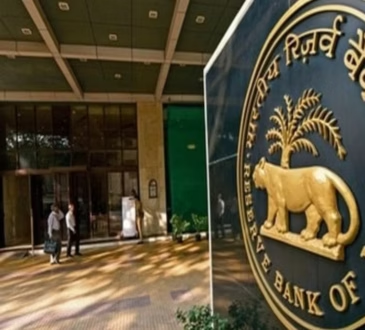BENGALURU: Asian currencies traded lower on Thursday as the dollar strengthened after a US trade court halted the implementation of President Donald Trump’s “Liberation Day” tariffs.
The MSCI index of emerging market currencies was down 0.2%.
The Singapore dollar dropped as much as 0.7% to its lowest point in more than a week, while the Malaysian ringgit and the Thai baht fell 0.4% each.
The Court of International Trade ruled that Trump overstepped his authority by imposing across-the-board duties on imports from nations that sell more to the United States than they buy.
While the judges ordered the Trump administration to issue new orders reflecting the permanent injunction within 10 days,
the White House quickly appealed the decision and questioned the authority of the court.
“The ruling removes an immediate overhang, even if it is not the final word on tariffs,” said Charu Chanana, chief investment strategist at Saxo.
“While the court ruling is a marginal positive for sentiment and helps to clear out the most bearish growth outlook bets,
it does not remove uncertainty.
We could see the market unwinding some of the tariff-related moves, such as the weaker USD and gold, EUR, JPY and EM FX could pull back,” she added.
While emerging Asian currencies had gained earlier this month on the back of broad dollar weakness — fuelled by concerns over Trump’s unpredictable trade policies and US fiscal stability — sentiment toward US assets has improved this week.
This shift comes after Trump delayed a plan to impose 50% tariffs on European Union imports and consumer confidence surprised on the upside.
The dollar index, which measures the currency against six rivals, climbed for a third consecutive session on Thursday and was back above 100 for the first time in a week.
Even with the declines against a stronger dollar in the past few sessions, the Taiwan dollar is up over 6.5% in May, on track to log its best month on record. The ringgit and the baht are both set for nearly 2% monthly gain.
Regional stock markets advanced with MSCI’s gauge of Asian emerging market equities rising 0.3%.
Equities in Bangkok and Taipei gained 1.1% and 0.6%, respectively.
In South Korea, shares rose as much as 1.8% to their highest levels in nine months after the central bank cut interest rates by 25 basis points to bolster economic recovery. The won weakened 0.4%.
Markets in Indonesia were closed for a holiday.




